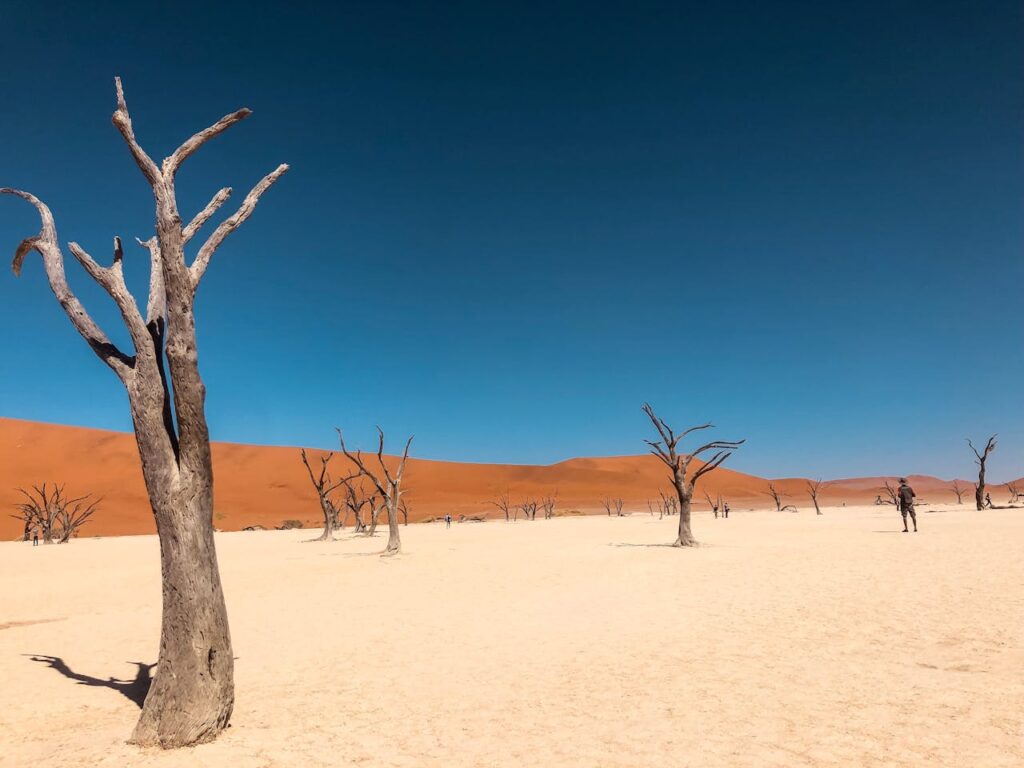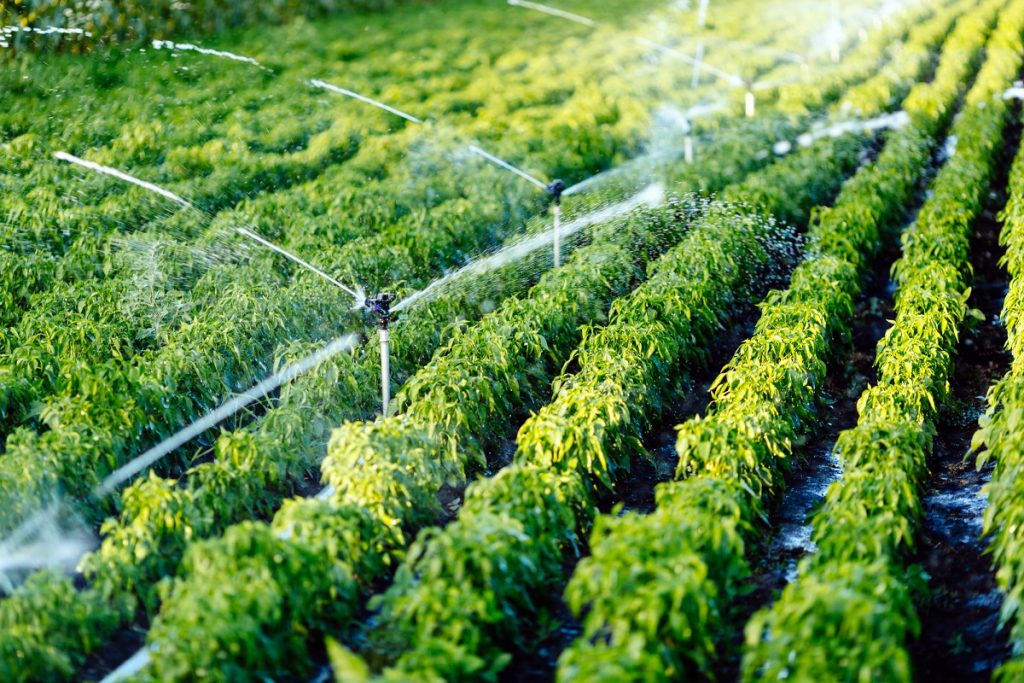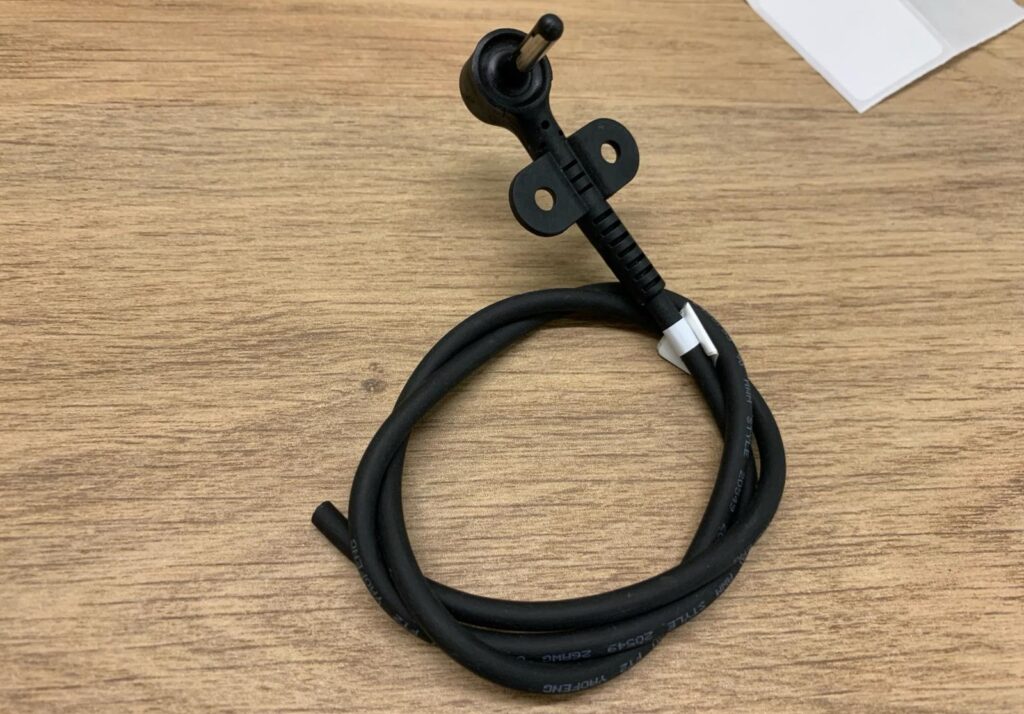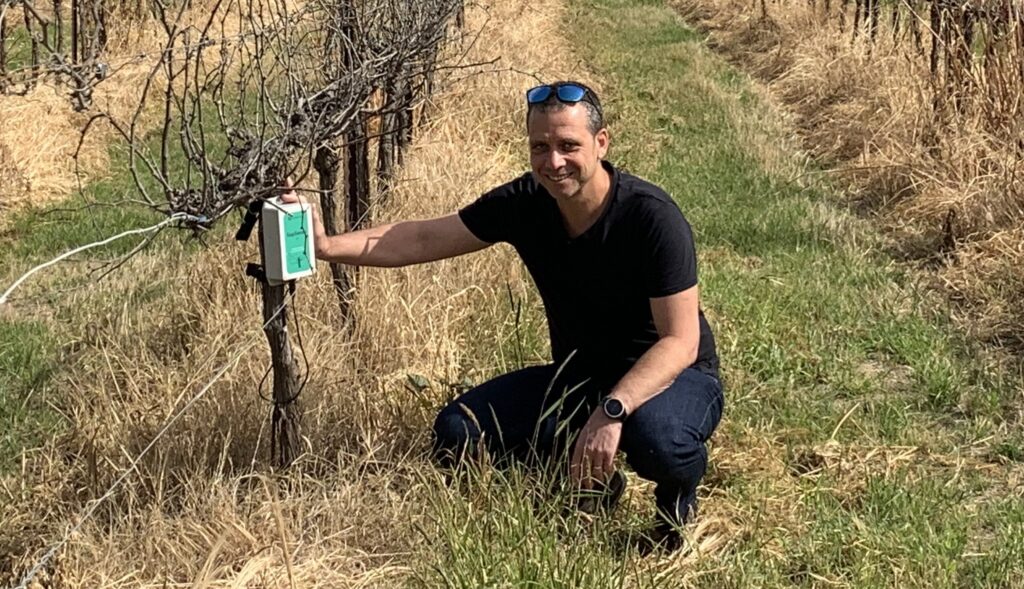Climate change and population growth have proven to be a toxic combination for humanity, with countries struggling to feed a rapidly expanding number of mouths even as water – so crucial to agriculture – becomes more scarce.
An Israeli startup, however, has developed a solution that potentially saves huge amounts of the precious water used in farming, by monitoring how much of it crops actually need to grow.
The United Nations’ Food and Agriculture Organization has warned that climate change is having a real impact on the planet’s water cycle, causing an upheaval in how irrigation is used in agriculture and affecting food security in both rural and urban environments.

Treetoscope’s premise is a simple one, which had hitherto been confined to the realm of R&D without ever being put into practice: measuring the vital water intake of a plant or tree from inside and reassessing irrigation practices based on that data.
The startup developed a sensor that is placed directly into the trunk or stem of a crop, which uses increases in temperature to track the water uptake of the plant – based on the premise that this action expends energy, which in turn creates heat.
The data amassed by the sensors is transmitted to an analytics algorithm, which translates the changes in temperature into the amount of water taken in by the plant.
And all too frequently, a plant is receiving far too much water, Treetoscope CEO Dotan Eshet tells NoCamels.
“People are irrigating by tens of percentage points over what they should be,” Eshet explains, pointing out that most of the world’s water usage – some 70 percent – is taken up by the agriculture sector.
And the Treetoscope sensor, he says, can reduce water consumption in agriculture by to 40 percent.
Perhaps just as importantly, Eshet says, when a plant is over-irrigated, the fertilizers it is supposed to receive are “flushed” out without having any real impact on the crops. Furthermore, he says, the European Union has recently introduced tighter regulations on fertilizer use, which means that those countries cannot compensate for what has been lost.

The sensor itself was brought to life by Treetoscope’s co-founders – Eshet and CTO Ori Ahiman, both agritech sector veterans – who created the startup in December 2020.
The company is based at the Mikve Israel complex in Holon – a surprisingly tranquil, pastoral environment in a city that boasts one of the country’s biggest industrial zones. Today the startup employs around 30 people, half of whom are women.
Eshet tells NoCamels that Ahiman, who holds multiple degrees in plant physiology, had already developed the rudimentary premise of the sensor when the two decided to work together.
“I met him when it was a shoebox with some wires,” he recalls. The size of the device may not have changed but the look certainly has, with all wires carefully concealed in a green container that nestles against the plant.
The two then successfully completed a proof of concept stage for industry leaders, among them a senior official at Israeli company Netafim, the world’s largest producer of drip irrigation systems.
Sign up for our free weekly newsletter
Subscribe“All of them said that if it works, it will revolutionize precision irrigation,” Eshet says.
“It was working when I met him,” he adds. “So we turned it into a product that can be sold.”
Some systems can inform on irrigation by measuring water in the soil, Eshet says, but no one else has produced a sensor to monitor water intake from inside the plant.
“Let’s say that you have your refrigerator full of food but you don’t know how to open it,” he explains. “It’s the same [with irrigation] and we want to measure what’s going inside of the plants.”

The sensor and accompanying technology are remarkably easy to install and use, according to Eshet. The device is directly inserted into the tree or plant and the data it collects is sent to an AI-driven analytics platform, which for now is web based, although a mobile app is on the way.
“We can just ship it to a farmer and he can install it by himself in two minutes,” Eshet says.
Farmers do not need a sensor for each stem, defining the amount of water for an entire crop by the intake of one plant.
The device in the field is powered by a battery that can last up to two years. Using solar power, he explains, would strip away the simplicity of the premise of the sensor and add a layer of complexity to the purposely straightforward installation.
The interface comes in several languages, reflecting the different nations currently using Treetoscope. These include Turkey, the US, Mexico and several European nations.
The startup has partnered with leading irrigation companies to get its product to market, Eshet says. The first such company was Netafim and soon after, Treetoscope partnered with the Minnesota-based Toro Company, which makes micro-irrigation systems for agriculturalists.
Together with Toro, Treetoscope won the 2023 new product of the year award by the Irrigation Association, a prize that Treetoscope project manager Maya Asher calls “a huge win” for the startup.
“We went up against all the big names,” she says. “The recognition and the validation of our technology is what keeps us going.”
Its presence today in multiple countries is enough for now, Eshet says, although there is a plan to expand into Australia as well.
“This industry needs to be changed,” he says. “No one has managed to do it until now. It’s a challenge, but we will make it.”
Related posts

Harnessing Our Own Bodies For Side Effect-Free Weight Loss

Israeli Device Is New, Drug-Free Solution For Men Coping With ED





Facebook comments